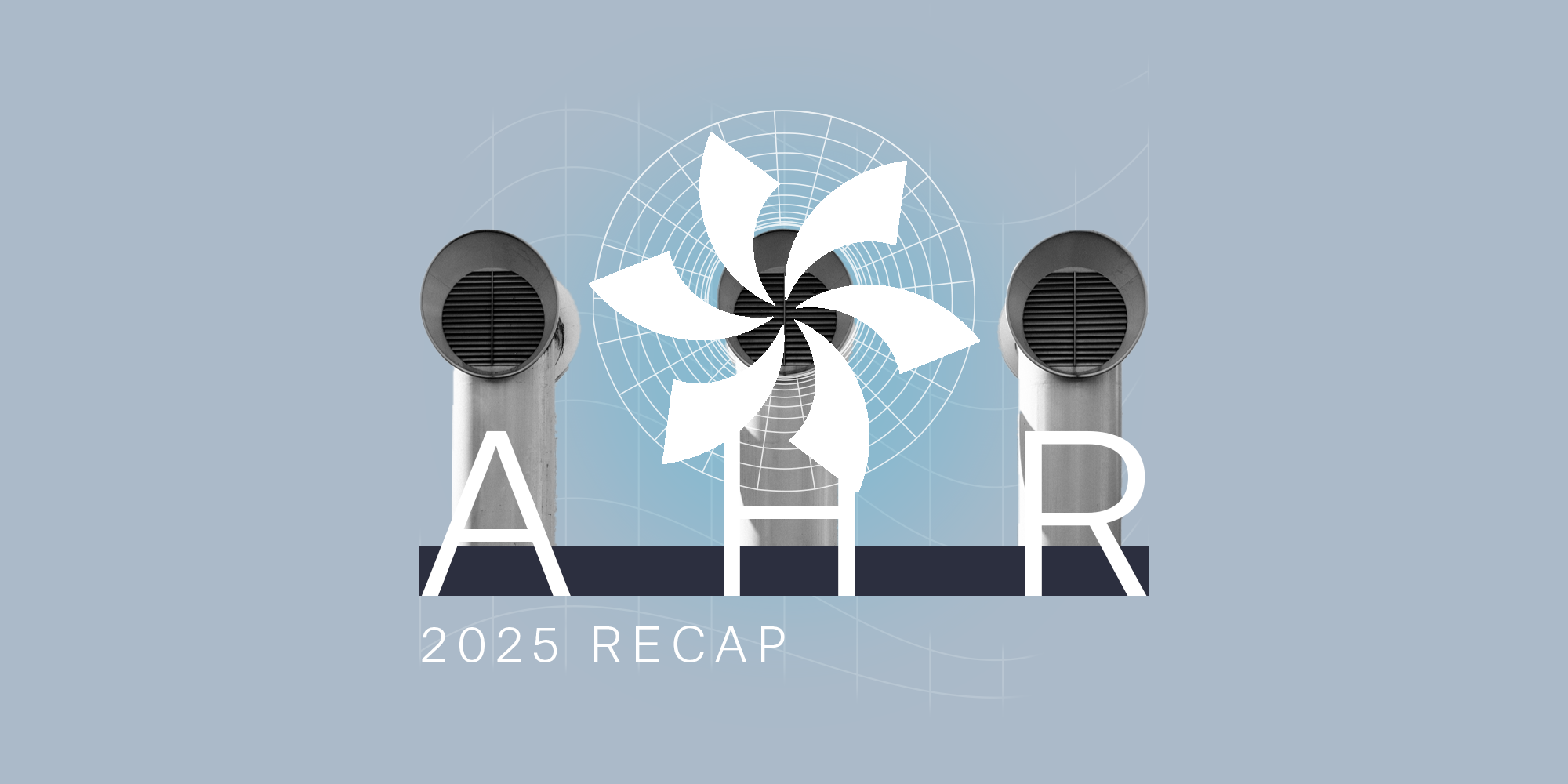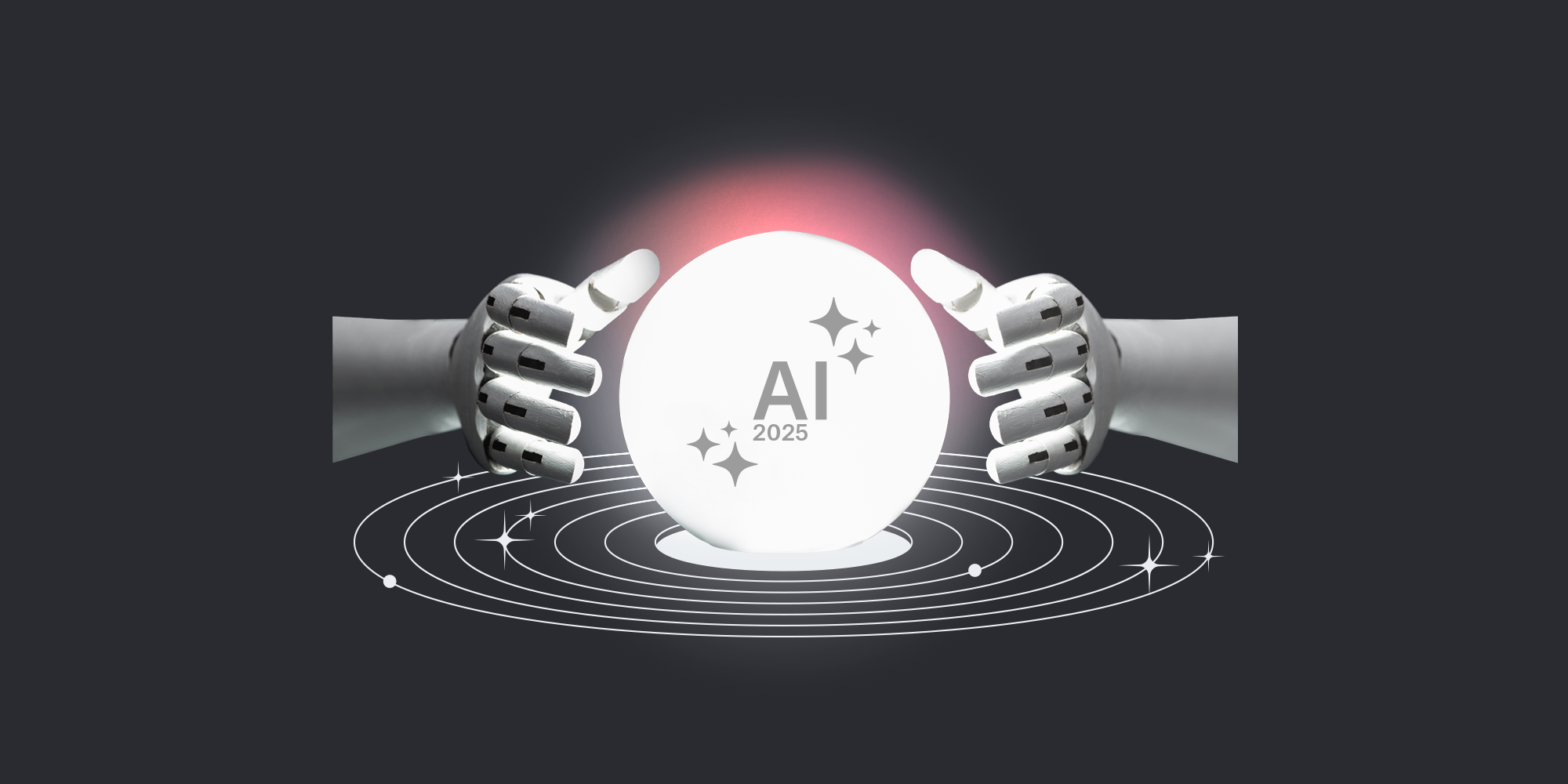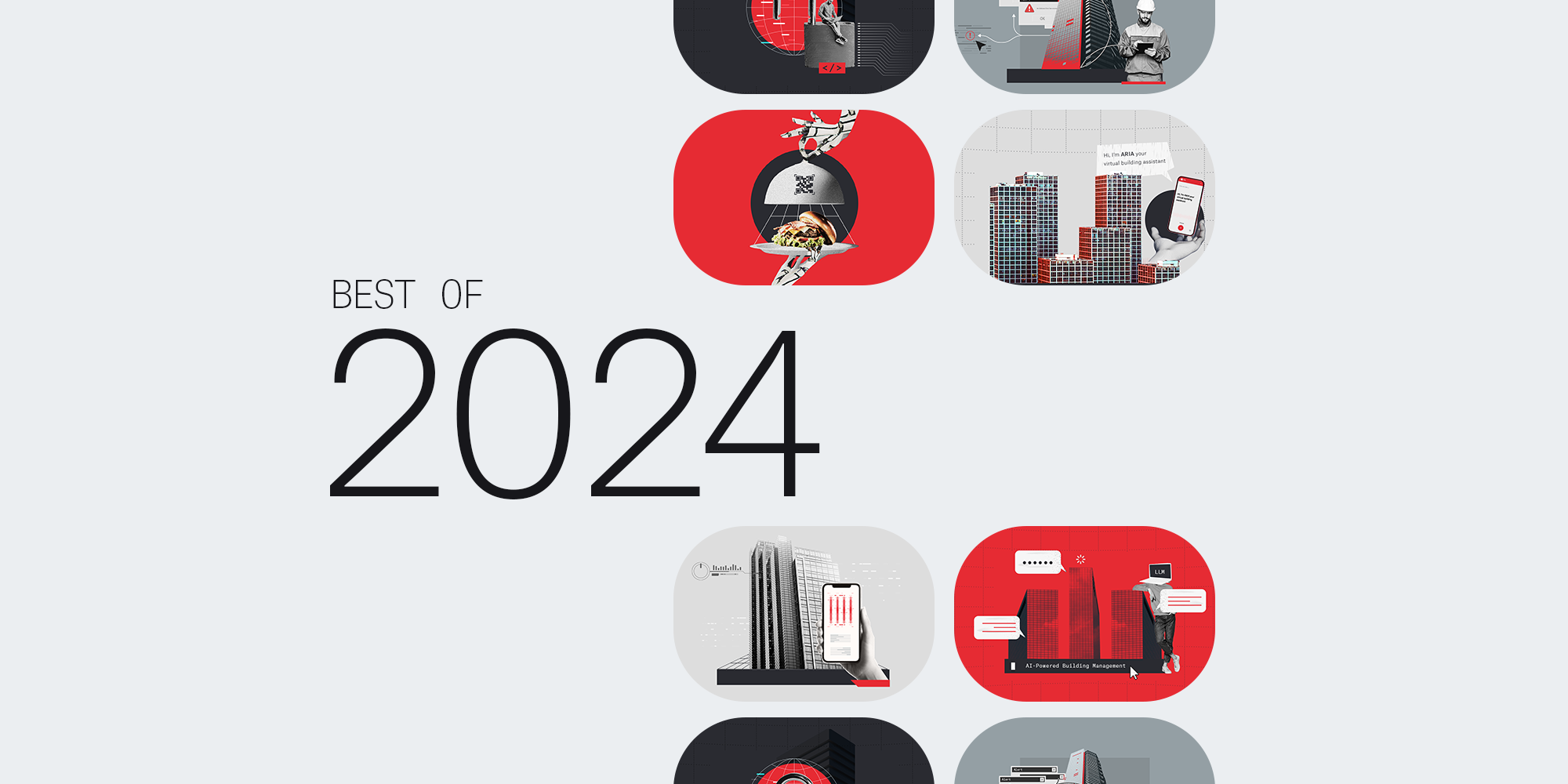Is generative AI hosting a restaurant revolution? Yes. Yes, it is.

Key takeaways
- GenAI is quickly changing the landscape of the restaurant industry.
-
It can create highly personalized customer experiences tailored to individual tastes, boosting customer satisfaction and loyalty.
-
AI can analyze trends and ingredients to optimize menus and help chefs create unique and appealing dishes.
-
AI systems can predict stock needs to prevent overstocking or shortages.
-
Small-scale implementations of GenAI enable unique branding opportunities, setting restaurants apart from competitors.
-
AI can optimize restaurant operations, from energy management to staffing and reservations, enhancing efficiency and reducing costs.
Generative Artificial Intelligence (GenAI) is rapidly transforming the restaurant industry, enabling us to reach new heights of creativity, innovation, efficiency, and personalization.
Imagine a digital maître d' that remembers a customer’s aversion to cilantro, applauds their love for a bold Bordeaux, and suggests the perfect spicy tuna tartare to start their meal. Picture a menu featuring dishes so unique even Peter Pan’s creative mind would battle to conjure them up. Or an inventory management tool that could drastically reduce food waste. Or a virtual building assistant that could lift the stress of day-to-day operations.
These scenarios may sound fantastical, but they’re very real thanks to the rise of generative AI. And they’re being rolled out as you read this.
Here are just five examples of how GenAI is drastically transforming our restaurants:
1. Personalized customer experiences
Generative AI is officially redefining the culinary landscape, serving up a smorgasbord of personalized dining experiences that cater to customers’ individual predilections. Starbucks' Deep Brew program, for example, provides suggestions tailored to customers’ previous purchases and preferences.
This kind of personalization enhances customer loyalty and satisfaction while subtly increasing the likelihood of them opting for an extra cake pop, or a venti instead of a grande. That means happier customers and potentially greater profits.
Fact: Almost half of food delivery customers (45%) say that a personalized menu based on AI would make them likelier to order.
2. Out-there menu creation
Ever heard of a chocolate Austrian burrito? Neither had we. But this is just one example of the fanciful menu items GenAI can cook up. By analyzing current culinary trends and ingredient compatibility, GenAI can assist chefs in crafting new recipes that are both innovative and aligned with customer tastes - leading to entirely unique dining experiences.
More practically, this technology can help optimize menu creation depending on consumer behavior, weather, time of day, seasonal trends, ingredient availability, and customer feedback - helping restaurants reduce waste while staying ahead of the curve and keeping customers happy.
3. Efficient inventory and supply chain management
Back in the kitchen, AI is hard at work optimizing operations through inventory management. By predicting stock requirements based on historical data and future reservations, AI systems are helping restaurants avoid overstocking or shortages. An example of this can be seen in London-based Indian restaurant chain, Dishoom, which implemented an AI tool for inventory management and managed to reduce their food waste by 20%.
Generative AI can go even further to enhance efficiency. Where AI can help predict supply chain disruptions, GenAI can assist by suggesting alternative suppliers or substitute ingredients, helping restaurants run smoother than 100% Arabica.
4. Niche branding opportunities
Successful GenAI implementation isn’t limited to large chains. In Kenya, for example, hospitality entrepreneur, Shamim Ehsani, used various AI tools as the creative driving force behind the concept of his Thai-style restaurant, BangBang. The restaurant is named after an entirely fictional Muay Thai champion and Hollywood star, whose photos and bio (thanks to the help of GenAI), adorn the restaurant’s website and branding – including its menu, logo, and color palette.
This approach allowed BangBang to differentiate itself in a competitive market by offering a unique, story-driven dining experience. Customers are drawn in by the backstory of the fictional fighter, making for a unique and entertaining dining experience.
5. Operational automation for 360-degree happiness
Beyond its more creative applications, GenAI can significantly boost operational efficiency in restaurants, particularly when layered on top of more analytical machine learning models. For example, AI-driven tools can optimize the HVAC energy efficiency of restaurant buildings. Then, using the data collected from a building management system as well as weather forecasts, utility bills, etc., GenAI solutions can then use this data to communicate potential equipment issues and suggest solutions, minimizing equipment downtime and preventing customer discomfort.
AI can also help predict peak times; adjust staffing levels; manage inventory more effectively; and assist with scheduling, table management, and even handling reservations. This not only reduces waste and overhead costs but also allows staff to focus on providing better service to guests.
Fact: 78% of restaurants mentioned that they believe investing in AI and digital technologies improves business performance.
The future of GenAI in the restaurant industry
The rapid integration of AI and GenAI in the restaurant industry signals a significant shift towards more efficient, personalized, and innovative dining experiences. As AI technology continues to evolve, we can expect GenAI-powered optimization tools to become increasingly essential for restaurants aiming to stay competitive and meet the growing expectations of consumers.
Want to know more about how our GenAI feature can help streamline your building operations?













